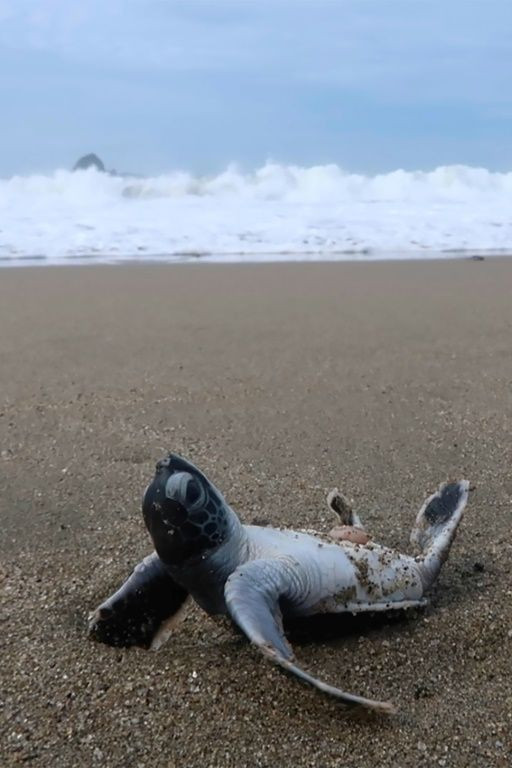1 Million River Turtles Released Into Amazon River [Watch]
KEY POINTS
- Volunteers remove turtle nests from the sand so that they don't drown or get poached
- The Amazon River turtle population is dwindling due to poaching
- Dams built near the river increase flood risks, which can drown the hatchlings
One million turtle hatchlings have been released into a river running along the Amazon border between Bolivia and Brazil in order to preserve the endangered species.
A crowd gathered near Itenez River to take a glance at the adorable little hatchlings Tuesday. The initiative was a part of a binational conservation project, formed by biologists and volunteers in 2007 to protect the Amazon River turtles.
"Today in the Guapore or Itenez River, we have a binational project for the protection and conservation of the species, especially the Amazon River turtle," said Camila Ferrara, a technical supervisor working for the World Wildlife Fund (WWF) in the region, ABC News reported.
In a video that shows the turtle hatchlings being released into the river, one onlooker can be heard saying, "Go! Go be happy!"
Human activity on the banks of the Itenez River in Bolivia and the Guapore in Brazil has left a devastating impact on the Amazon River turtle population. Moreover, climate change has become a threat to their ecosystem and is directly affecting their survival.
Tuesday's mass release was done to repopulate the dwindling turtle community in the area.
"We have chosen this area because it is the largest spawning area for Amazonian turtles," Ferrara said, the New York Post reported.
"About 100,000 females spawn in this area each year," Ferrara added. "We expect more than 10 million babies born this year."
Constructions of mega-dams in Brazil have exacerbated flooding during the rainy season due to increased inflow. Additionally, the river turtles are in high demand for their meat and eggs. But, volunteers with the binational project have ramped up their conservation process by removing turtle nests from the sand so they don't drown or fall victims to poaching.
Although consumption of turtle meat and poaching are banned in Brazil, it has been hard for authorities to enforce the law in highly populated areas near the river banks. Conservationists and local authorities are providing food and security to the locals in an effort to stop turtle consumption.
The turtles are an important part of the local ecosystem. "The turtles are biologically important to the environment due to the recycling of nutrients and dissemination of seeds," Ferrara said, the Post reported.






















